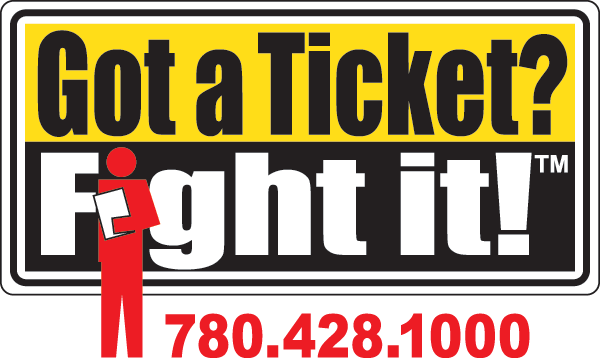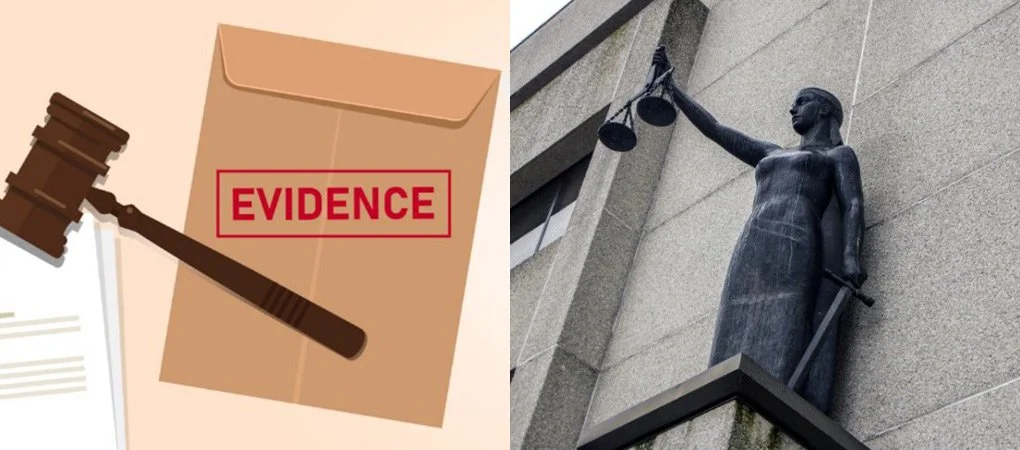Did you know an effective traffic ticket defence strategy could save money and protect your driving record? In this blog post, we will delve into tactics to help you navigate the traffic system in Alberta and learn how to successfully dispute your ticket.
Short Summary
Navigate traffic ticket defence in Alberta with knowledge of violations, demerit points and the court system.
Gather evidence, research relevant laws & understand rights to build a strong defence.
Use the expertise of traffic agents who are in court every day.
Understanding Traffic Ticket Defence
To better understand our traffic system, it is essential to know the types of traffic violations and the demerit points system in our province. Recognizing the implications of traffic tickets and how they affect your insurance premiums can help you make informed decisions regarding fighting or settling your case.
Types of Traffic Violations
Traffic violations come in various forms, such as speeding, stunting, careless driving, no insurance, driving while suspended, failing to obey traffic signals, and driving while distracted. The potential repercussions for these violations may vary depending on the severity of the charge, jurisdiction, and applicable laws. They can include fines, demerit points, loss of licence, potential increase in insurance premiums and even incarceration.
Contesting a traffic ticket can be labor-intensive and ineffective if there is a lack of preparation and no knowledge of the court process. Officers may advise you to pay the fine rather than going to court and trying to plead your case, but this won’t help maintain a clean driving record or keep your insurance premiums at the same rate. It is highly recommended to learn the gravity behind the ticket issued before you pay it.
Demerit Points System
The demerit points system assigns points to traffic violations, holding drivers accountable for their actions on the road. Accumulating 15 demerit points will result in an automatic licence suspension. Fighting your ticket can help reduce the number of demerit points on your record and potentially prevent suspension.
A traffic violation will stay on your abstract for three years, and the points will stay for two. This may impact your insurance costs as they have access to your driving records. Photo radar tickets with no mandatory court date have no effect on insurance or demerit points in Alberta, hence it is not recommended to dispute them. Knowing the nuances of the demerit points system can help you make informed decisions when contesting a traffic ticket.
Preparing Your Traffic Ticket Defence
Preparing a traffic ticket defence involves gathering evidence, researching relevant laws, and building a strong case. To ensure adequate preparation, it is recommended to appear in court, assess the necessity of representation, file for disclosure and collect evidence, research speed equipment, and maintain a detailed record of all proceedings. This will help you build a robust argument and/or facilitate negotiations with the crown prosecutor for a lesser charge (as in some cases, taking a plea deal instead of running a trial may be the best course of action).
Gather Evidence
Gathering evidence to support your defence in a traffic ticket case is crucial. This includes witness statements, details observed at the scene, and in some cases footage from traffic cameras that captured the event. Once you are issued a court date, it is recommended to immediately file for disclosure to obtain the officer's notes regarding the violation. Since the driver may not be aware of which technicalities are crucial and may grant the dismissal of the charge, it is advised to retain the services of an experienced traffic agent.
Access to the officer's notes can help you identify any discrepancies or errors that could be beneficial in pursuing a successful outcome. A strong defence often relies on the evidence's quality, so gather all relevant information to support your case.
Research Relevant Laws
Understanding the relevant traffic laws and regulations is crucial for identifying potential weaknesses in the case against you and constructing an effective defence. The Traffic Safety Act and the Use of Highway and Rules of The Road Regulation are the primary laws to consider for traffic ticket defence in Alberta. Keep in mind that you can contest a ticket through the Traffic Tickets Service site or enter a plea of not guilty, but once you have contested your ticket and the crown denies it, it is harder for a traffic agent to fight or negotiate your ticket, leaving running a trial as the only option.
Navigating the Court System
Navigating the court system requires knowing your rights, understanding court procedures, and maintaining proper etiquette. In Alberta, defendants have the right to engage an agent to represent them in contesting a traffic ticket and to challenge the ticket through a trial process. Traffic ticket defence cases in Alberta are heard in a Court of Justice, where the defendant/agent can present evidence and make arguments in their defence.
When appearing in court, it is essential to present oneself appropriately, respect the court and its officers, and adhere to the judge's instructions. Additionally, it is imperative to be prepared, organized, and cognizant of applicable deadlines. Proper court etiquette and understanding of court procedures can go a long way in ensuring a smooth trial process.
Court Etiquette
Court etiquette is crucial for ensuring a smooth and efficient trial process. In Alberta, individuals are expected to adhere to proper court etiquette, which includes dressing appropriately. Food and beverages are prohibited in courtrooms, and hats or headwear are prohibited except for religious reasons.
When addressing the judge or when the judge addresses you, individuals are expected to stand and show respect to the judge and other court officials. Adhering to the proper courtroom procedures and refraining from interruption while others speak is the expected etiquette in court proceedings in Alberta.
Know Your Rights
Knowing your rights is essential when contesting a traffic ticket in Alberta. You can plead not guilty, request a trial date, and dispute your ticket. The court may dismiss the ticket if it contains a fatal flaw. The right to a fair trial is a fundamental right guaranteed by the Canadian Charter of Rights and Freedoms, ensuring that all defendants are given equal and impartial treatment in court.
Additionally, the right to representation is a fundamental right enshrined in the Canadian Charter of Rights and Freedoms, guaranteeing all defendants access to advice and representation in court.
Expertise in Traffic Laws
Expertise in traffic laws can help you identify potential weaknesses in the case against you and build a strong defence. An experienced traffic agent possesses a wealth of knowledge in traffic laws due to years of experience. They are likely to have expertise in traffic education, awareness, and enforcement.
Summary
In conclusion, effectively contesting a traffic ticket in Alberta requires a thorough understanding of traffic laws, demerit points, court procedures, and negotiation skills. By preparing a solid defence, working with experienced professionals, and considering alternative dispute resolution options, you can minimize the impact of traffic tickets on your driving record and insurance premiums. Remember, knowledge is power, and being well-informed can save you money in the long run.
Frequently Asked Questions
What is the best defence for a speeding ticket?
Understanding your rights and preparing a proper defence can help mitigate the consequences of a speeding ticket. The most effective defence is to demonstrate that the law enforcement officer made an error in issuing the ticket, such as not properly calibrating his or her speed-measuring device.
Furthermore, arguing mitigating circumstances may also be a potential defence; for example, driving at a higher speed was necessary to avoid an immediate hazard.
Can you fight a traffic ticket in Alberta?
You can fight a traffic ticket in Alberta by pleading Not Guilty on the Traffic Tickets Service site. The site can also be used to make a payment, request time to pay, or dispute your ticket. Please be advised, however, that once you have disputed your ticket and the answer from the crown is not what you expected, it is much harder for a traffic agent to get the results you wanted, as the crown keeps a record of your ticket’s proceeding.
Can you fight traffic tickets in Edmonton?
You can fight traffic tickets in Edmonton. Got A Ticket Fight has a proven long record of representing clients with various charges.
Call us today at 780 428 1000 for a free consultation, and let us help you fight your ticket.




